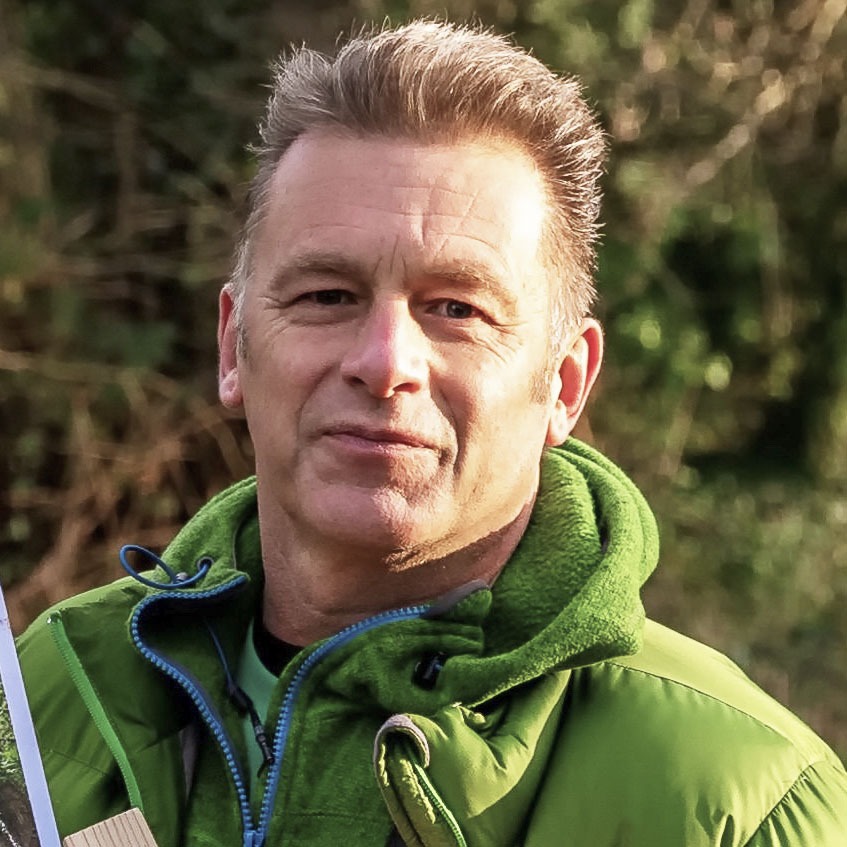What is autism?
Autism is a lifelong developmental condition that affects how a person communicates with, and relates to, other people and the world around them.
It is a spectrum condition, meaning that it can affect each person quite differently. It is generally identified in early childhood, but can also be identified and diagnosed in adulthood. Autistic people often need extra support but are able to enjoy a happy and fulfilling life.
Here at Autism Together, we support over 400 autistic adults, and many more families with children on the autism spectrum, to do just that.
What is it like to be autistic?
Every autistic person is unique and how autism affects them will be unique too. Each person will have their particular strengths, along with areas where they might need support. That is why we take a person-centred approach at Autism Together, we appreciate that everyone’s needs are different.
For example, some autistic people may need support with communication, some with sensory issues, others with diets, relationships, or anxiety.
Some individuals may have difficulties with social and emotional communication and interacting with people. Others may develop repetitive or restrictive patterns of behaviour. Some may be over-sensitive to sensory inputs, while others may be under-sensitive and seek out strong sensations.
It really is different for everyone.
How do families cope?
Raising an autistic child can place extraordinary demands on parents. There is more awareness of autism in society today, but parents of autistic children have noticed that sometimes members of the public can lack understanding or empathy towards their children, such as when they are having a meltdown.
A meltdown can happen when an autistic person is in crisis and cannot control or cope with the feelings of distress and anxiety that may sometimes overwhelm them.
Fortunately, there are many charities and organisations, like Autism Together, ready to offer help, advice and support to those people and their families.
How common is autism?
Currently, there are 700,000 people diagnosed with autism in the UK, around 1% of the population.
Autism is diagnosed more amongst males (1 in 2) than females (1 in 3), though females are more successfully diagnosed now. It is thought that girls are better at hiding or ‘masking’ their autistic traits than boys and this might account for less of them receiving a diagnosis.
What causes autism?
Autism is one of the most researched areas in health today and this research includes theories on the causes of autism.
A range of theories are being researched and discussed, some of which are considered controversial. While science has not yielded the answers so far, one thing is clear – anybody can have a child with autism.
What support is available?
In 2009, The Autism Act became law. It is the only condition-specific Act of Parliament in the history of Parliamentary legislation. It allows autistic people to have a right to the support they need in the way they want it.
Autism Together is committed to working with and for autistic people, helping them to enjoy safe and fulfilling lives.
The history of autism…
While autism is likely to have existed throughout history, it was in 1943 that Dr Leo Kanner’s paper on the condition changed how society viewed children and adults on the autism spectrum.
Kanner described autism as “a neurodiverse condition that affects the way a person relates to the world” and the definition has not changed too drastically since then.
Almost 80 years later, theories on autism and the development of the medical and social model, continue to change. Likewise, attitudes and language around autistic people continues to progress too.
Thankfully, today there are many autistic people speaking out about their experiences in a world that is inherently neurodiverse, yet not always geared up to include and support those affected by autism.
These days autism is often viewed as a difference rather than a disability. Dr Wen Lawson even described it as a ‘differbility’.
The last two decades have seen a leaning towards recognising the strengths that autistic people have, alongside offering the right support where it is needed.
The strengths will differ with the individual, but might include:
- An ability to focus on details.
- Thinking outside the box, particularly useful in problem-solving, art and creativity.
- Honesty and integrity.
- Good memory.
- Special interests, perhaps able to become an expert on a favoured topic or pursuit.
Autism Together’s approach
At Autism Together we value each individual and will tailor our approach to best suit their needs. This might mean using alternative communication systems that make the most sense to that person, being aware of and meeting their sensory needs where it is safe to do so, and giving each person choices of what they want to do with their time and their lives.
Click here to find out more about our services for autistic people.
Take our test below to test your knowledge of autism and watch our video giving an idea of what it might be like for an autistic person to be overloaded by the sensory information we take for granted each day.
Q. Which of these celebs have autism?

Tylan Grant

Chris Packham

Anne Hegerty

Anthony Hopkins

Greta Thunberg
A. All of them
Autism sensory experience
This immersive video, filmed from a first-person perspective, is aimed at giving the viewer an idea of what it might be like for someone with autism to experience the sort of noisy, busy, everyday environments that we take for granted…
